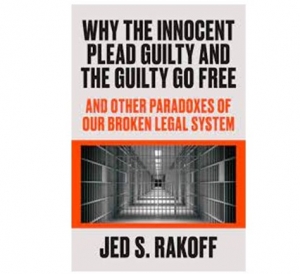LaQuan Tremell Taylor’s injuries were horrific. The 27-year-old veteran, was robbed, carjacked, and shot in the parking lot of a Kroger grocery store in Atlanta, Georgia. After three weeks in a coma, roughly a year in the hospital, multiple surgeries, and millions of dollars of treatment, plaintiff’s spinal cord injury left him a partial paraplegic with scars over his entire body and continuing pain. Kroger was the primary defendant in his suit for the store’s negligent failure to maintain adequate security.

Kroger’s insurance stacked thusly:
$3,000,000 self-insured retention (SIR)
$2,000,00 ACE American Insurance Company.
$25,000,000 Starr Surplus Lines Insurance Company
$25,000,000 Great American Insurance Company Of New York
Excess above Great American: XL Insurance America and Chubb Group of Insurance CompaniesPlaintiff’s pre-trial demands were within Starr’s coverage limit. But Starr refused to settle. The final judgment exceeded 61 million dollars.
It appears that Starr did not attempt to mediate a settlement until after judgment was enteredNotwithstanding its ill-advised choice, Starr refused to pay more than its policy limit to satisfy the judgment. Great American settled the case and on February 11, 2021 sued Starr for reimbursement. The complaint for declaratory judgment alleges that Starr had acted in bad faith and was “stubbornly litigious.” Great American has asked for reimbursement of its settlement contribution plus attorney fees and expenses.
I see many cases that, like the Taylor case, clearly have the potential to “blow up.” Cases settle when parties are willing to spend the necessary time in good faith mediation and make reasonable settlement proposals. When parties are “stubbornly litigious”, the results can be disastrous.
And Then There’s . . .
In workers compensation cases, being “stubbornly litigious” can mean denying requested medical treatment. Often, though, alternative treatments end up being more expensive in the long run. Patients who cannot get treatment through the usual process sometimes end up in emergency rooms, incurring a much larger bill.

Authorizing a quick, “expensive” treatment can lead to early claim closure and a less costly claim overall. Sometimes the injured worker ends up undergoing the procedure which was originally requested anyway. And don’t forget the administrative expenses of utilization and bill review.Patients aren’t doctors. Patients are not writing the Requests for Authorization. Almost every patient will prefer conservative treatment to life-threatening surgery. Sure, there are malingerers and patients who exaggerate their pain in the hope of scoring heavy-duty medication or just gaining attention. And, yes, some doctors overtreat to increase their fees. Independent doctors, claims personnel, and defense attorneys have heightened their awareness of those patterns.
Don’t lose sight of the forest for the trees. Like Starr Surplus Insurance, a “stubbornly litigious” stance can end up costing you more in the end.













